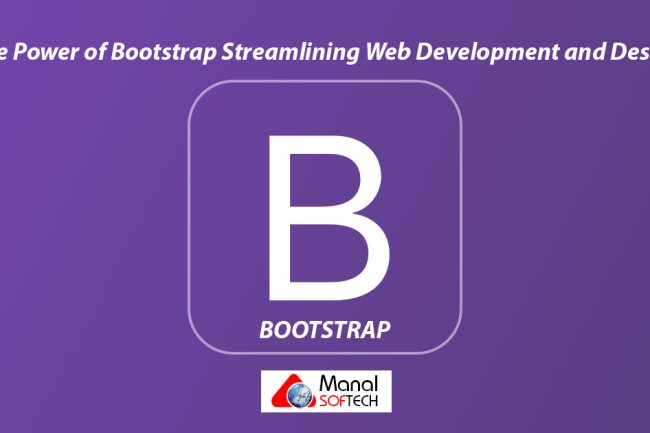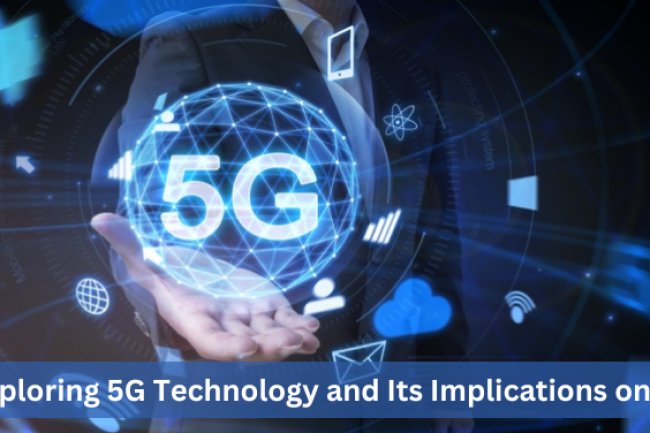Demystifying Blockchain: Beyond Cryptocurrencies
#BlockchainRevolution #BeyondCryptocurrency #SmartContracts #DecentralizedInnovation #TransparentTech

Blockchain technology, originally developed to underpin cryptocurrencies like Bitcoin, has evolved into a revolutionary force that extends far beyond the realm of digital currencies. In this blog, we aim to demystify blockchain, exploring its foundational principles and shedding light on its diverse applications beyond cryptocurrencies.
Understanding Blockchain:
At its core, blockchain is a decentralized, distributed ledger that records transactions across a network of computers. Its strength lies in its ability to create a transparent, tamper-resistant, and immutable record of data. This is achieved through a consensus mechanism, ensuring that all participants in the network agree on the validity of transactions.
Beyond Cryptocurrencies:
-
Smart Contracts: Blockchain facilitates the creation and execution of smart contracts, self-executing contracts with the terms of the agreement directly written into code. This automates processes, reduces the need for intermediaries, and enhances efficiency.
-
Supply Chain Management: Blockchain's transparency and traceability make it a powerful tool for supply chain management. It allows stakeholders to track the production, shipment, and delivery of goods in real time, reducing fraud and ensuring product authenticity.
-
Healthcare: In healthcare, blockchain enhances data security and interoperability. Patient records stored on a blockchain can be accessed securely by authorized individuals, fostering trust and improving patient care.
-
Voting Systems: The decentralized nature of blockchain can enhance the security and transparency of voting systems. It provides a tamper-proof record of votes, reducing the risk of fraud and ensuring the integrity of elections.
-
Real Estate: Blockchain is transforming the real estate industry by simplifying property transactions. Smart contracts automate processes like property transfers, reducing paperwork and minimizing the need for intermediaries.
Challenges and Considerations:
While the potential applications of blockchain are vast, challenges such as scalability, regulatory frameworks, and energy consumption must be addressed. Striking a balance between innovation and regulation is crucial to harness the full potential of blockchain technology.
Blockchain technology is a powerful force reshaping industries beyond cryptocurrencies. Its ability to provide transparency, security, and efficiency has led to its adoption in various sectors. As we continue to demystify blockchain, exploring its applications and addressing challenges, the true extent of its transformative impact becomes increasingly evident.
What's Your Reaction?















